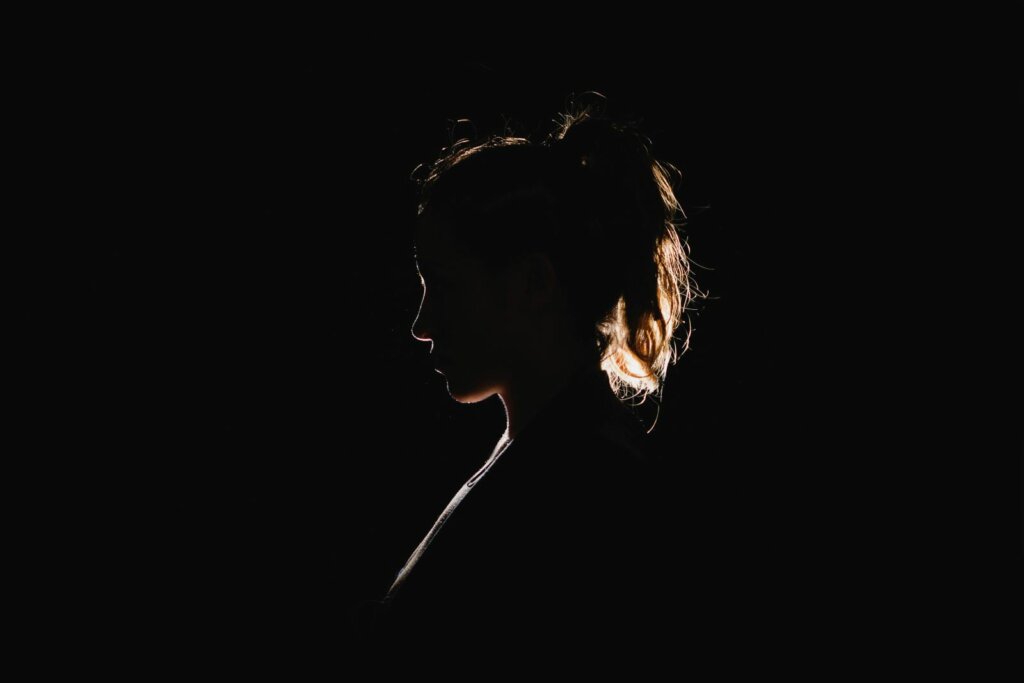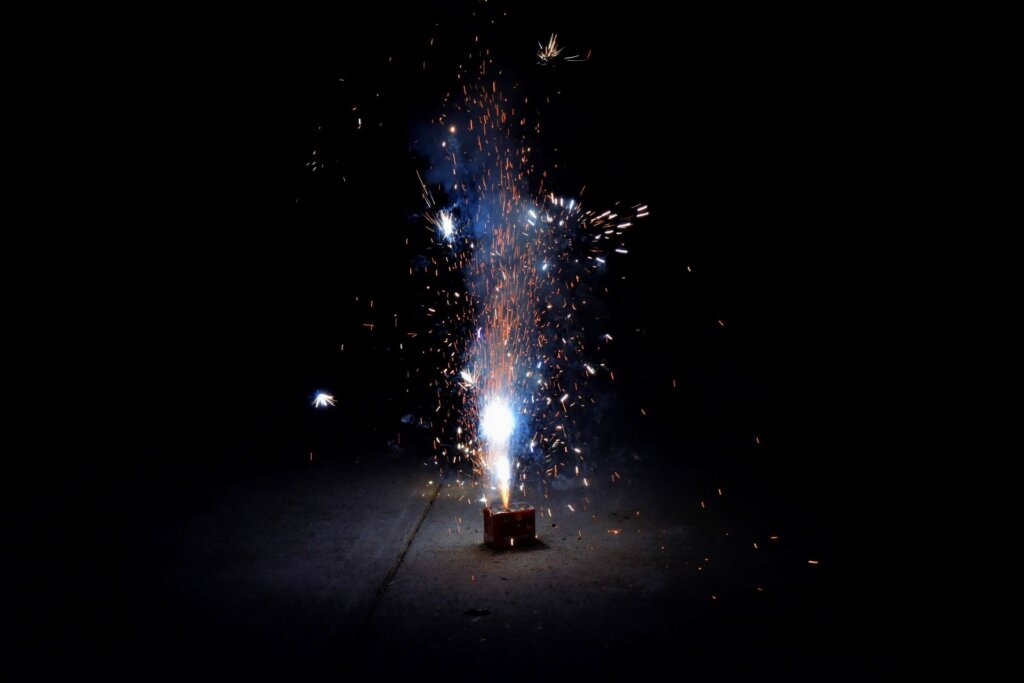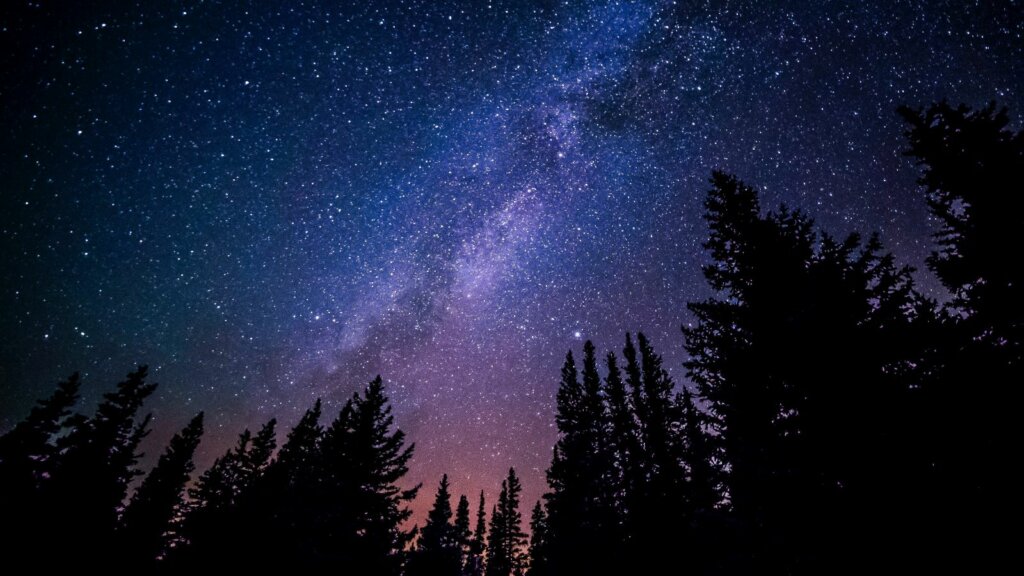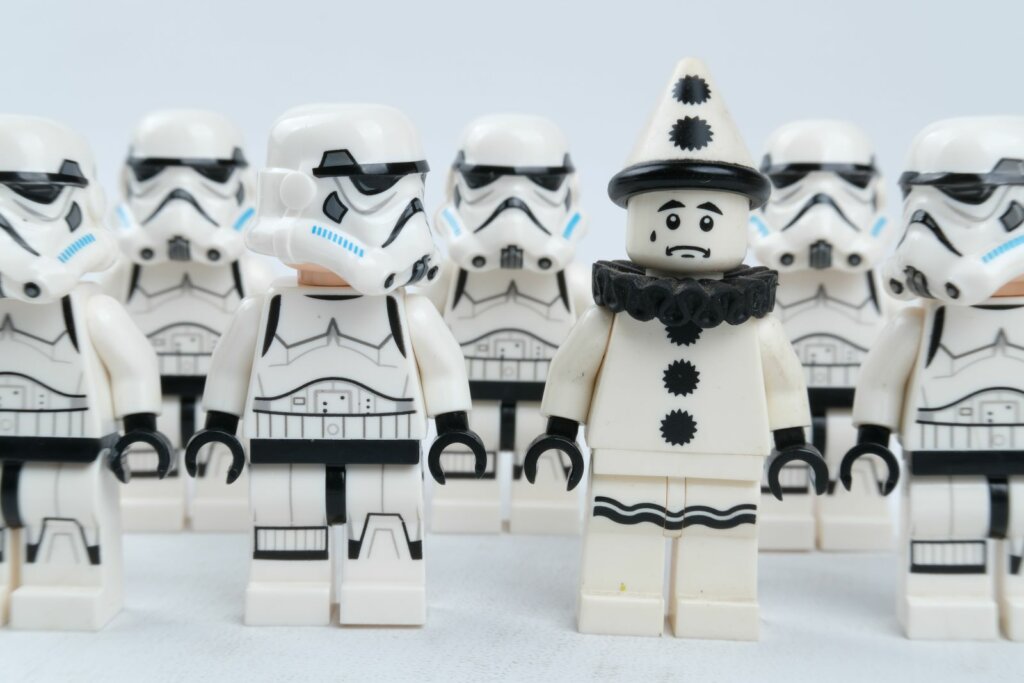I’m recycling this post from February 2019. The message about not needing to know everything all the time is still a valid one. Enjoy.
My therapist said something to me this week that I’d heard before but this time I really heard. He told me, “There are some things you don’t need to know.” I’m a curious person and want to know everything! Curiosity is a key component of being a journalist; it’s my job to find out as much as possible about a story. However, truly, there are some things I don’t need to know.
I understand this concept better when I think of children. Children are not served by hearing the full details of scary or complex things. We don’t tell them graphic details of war or rape. We may paint with broad brushstrokes or present information in a way they understand, but children don’t need to know everything.
In many spiritual traditions, God/higher power/the divine is parentified. We are usually called divine children of God or a variation of that, and so it follows that higher power treats us the same way a parent would, meaning, the universe shields us from certain information. I’ve said before if I knew all the things the universe had in store for me, I would get overwhelmed. That continues to be true. After contemplating I don’t need to know everything about the future, I feel more at ease. I feel more at peace. I trust that while in my professional life it’s my job to gather as much information as possible, the same doesn’t apply to my personal one.

Sometimes it’s OK to be in the dark. Photo by Molly Blackbird on Unsplash
We have the saying, “Ignorance is bliss.” I usually think about that expression with wistfulness, wishing I could go back in time and remain ignorant of bad news. Or I utter it with envy, wishing I could be like someone else who doesn’t know what I know. However, maybe I can continue to experience bliss in the form of ignorance by remembering I don’t have to answer every question; I don’t have to know what will happen next. Maybe it’s OK for me to be in the dark sometimes and trust it’s for a good reason. Perhaps I can relax into the knowledge I am still a child and there is still a parent taking care of me. Not my birth parents, although them too, but also an unseen parent, a mystical parent.
My spiritual teacher says Cosmic Consciousness must look after us, the divine children. He also said this Cosmic Consciousness does whatever is best for us, and that this divine energy better knows our needs and necessities.
“A child of two months does not know what she requires; her mother knows,” he wrote. “She is solely dependent upon her mother. Similarly, devotees are solely dependent on the Cosmic Father, and for that reason, the Cosmic Father has a special responsibility.”
For today anyway, I’m feeling into that more, letting myself be a child. I’m letting myself swim in ignorance, recognizing the bliss that comes with it. I’m remembering I don’t need to know everything. That sometimes there’s value in staying in the dark.
I dream of a world where we realize sometimes it’s OK to not know. A world where we understand that sometimes being in the dark is what’s best. A world where we realize we are like children and there is a force greater than us in the world. A world where we remember that force is here, acting as our parent.
Another world is not only possible, it’s probable.
I keep thinking about the swiftness with which Silicon Valley Bank (SVB) collapsed. In the span of 48 hours, it went bust because as interest rates rose, VC capital to SVB’s portfolio companies decreased. That required the companies to start withdrawing deposits from SVB to fund day-to-day business operations but those deposits sat in bonds that were losing value by the day. The need for cash forced the bank to sell their illiquid bonds at a loss, and boom, financial panic.
Whenever I hear stories like these, I strangely have a surge of hope that it portends the fall of capitalism. Don’t get me wrong, I don’t wish financial hardship on anyone. I don’t relish the idea workers won’t get paid or that their retirement accounts will vanish. But I do very much wish corporate capitalism will fall. Big corporations running the show are destroying, well, everything. There’s a place for small-scale capitalism in the form of local shops and restaurants, but these huge conglomerates exacerbating wealth inequality are choking the life out of us.

This picture will make more sense later. Photo by Tzvi Kilov on Unsplash
I had a visceral experience with wealth inequality this week when I went to San Francisco for an appointment. Every 10 feet I either spotted an unhoused person or was solicited by one. It’s overwhelming to be somewhere people are shouting, “Excuse me! Excuse me!” every few feet, and not because they’re hawking goods but because they are in desperate need of something as basic as food.
I cried multiple times when I came home because it’s heartbreaking to witness the evils of capitalism in your face like that and also to know things could be different. The U.S. is the beating heart of capitalism and materialism and visiting Australia reminded me of that. I was abroad for Valentine’s Day and I barely remembered the holiday was occurring because there weren’t hearts displayed in every storefront. There weren’t exhortations to stock up on chocolate and teddy bears whereas here, every holiday is an opportunity to sell something, and the pressure to buy more, more, more is always there.
Is it any wonder SVB execs did what they did? I’m not absolving them of wrongdoing but I am saying we live in a culture where this sort of behavior is encouraged. And yet, SVB did fail and in that collapse, I take heart remembering my spiritual teacher said capitalism will explode like a firecracker, and furthermore, no one will know it’s about to happen even 15 minutes before.
The time element is likely hyperbole but the strong grip capitalism has on our society is not interminable. It can change and it will change because capitalism will collapse under the weight of its own greed. I don’t know what that turning point will be. I don’t know what event will finally cause capitalism to explode like a firecracker, but I know it’s coming. And I also know I welcome that world because I experienced a small taste of it when I was in Australia, which yes, is a capitalist country, but not nearly as materialistic as the good ole U.S. of A.
I dream of a world where capitalism is a faded memory. A world where compassion, kindness, and care for others are valued over greed and amassing as much wealth as possible. A world where in the moments we wonder if that future exists, we remind ourselves it does because as SVB shows us, capitalism will explode like a firecracker and it may happen fast.
Another world is not only possible, it’s probable.
Members of my community are at the age where they’re starting to die. It seems like every three months or so someone passes away. Some people I’m closer to than others, but regardless, each death leaves an impact.
Have you ever played that game where you stand in a circle and hold a piece of yarn while also throwing it to someone else in the circle? In the end, you wind up with a giant web that connects every person to everyone else. That’s what I think life is like. When someone dies, the metaphorical yarn is tugged and creates a ripple effect so everyone feels it, some more deeply than others. As for me, there are layers of grief. There’s the grief I feel from the person’s death, but there’s also the grief I feel for their family members, their friends, their colleagues. There’s up-close-and-personal grief and there’s also more removed grief.
In my spiritual community, we have a ceremony to honor the passing of people. It’s purely for the mourners, meaning we don’t believe the ceremony has any effect on the recently deceased person. One of the things we say in tandem is, “You have freed us today from all the social responsibility we bore toward our dearest so-and-so.” At one point we all pour water into our palms from the same pot and take a sip from our cupped hands. It’s the bookend to a baby naming ceremony.

This picture will make sense later in the post. Photo by Ryan Hutton on Unsplash
With the baby naming ceremony, we are pledging responsibility to the baby symbolically by adding water into a tub, and with the mourning ceremony, we are taking it away. While the responsibilities are gone, the impact is not. Facebook is showing me pictures from a conference I used to go to in Vienna, Austria, every year. A few of those photos include Eric, a coworker who died years ago. It’s been many years since his passing, and we weren’t close, but every time I see his photo, my heart hurts a little, remembering he’s no longer with us.
I don’t have anything profound to say other than every person who is gone is not forgotten. We carry them with us in our hearts and they’re with us in another form. I’ll close here with an edited excerpt from writer and performer Aaron Freeman who in 2005 explained on NPR why you want a physicist to speak at your funeral:
“You want a physicist to speak at your funeral because they’ll explain to your grieving family about the conservation of energy, so they will understand that your energy has not died. You want the physicist to remind them about the first law of thermodynamics; that no energy gets created in the universe, and none is destroyed. All your energy, every vibration, every BTU of heat, every wave of every particle that was you remains in this world. The physicist will tell your mourners that all the photons that ever bounced off your face, all the particles whose paths were interrupted by your smile, by the touch of your hair, hundreds of trillions of particles, have raced off like children, their ways forever changed by you.
The physicist will them the warmth that flowed through you in life is still here, still part of all that we are, even as we who mourn continue the heat of our own lives. The physicist will explain to those who loved you that they need not have faith; indeed, they should not have faith. The physicist will let them know that they can measure, that scientists have measured precisely, the conservation of energy and found it accurate, verifiable, and consistent across space and time. Your energy’s still around. According to the law of the conservation of energy, not a bit of you is gone; you’re just less orderly.”
I dream of a world where we remember every person’s death creates a ripple on the spider web of life. A world where we understand a person may be gone, but they aren’t forgotten. A world where we remember when a person dies, their energy is still around us, and not a bit of the person is gone, they’re just less orderly.
Another world is not only possible, it’s probable.
In April, I wrote a blog for my professional website called “Maybe It’s You” about how I realized after getting rejected by every single literary agent I queried that maybe the problem was me. This is the companion piece to that blog recognizing maybe it’s not me that’s the problem; maybe it is the other person.
When it comes to interactions with other people that go awry, I frequently place the blame on myself. “What did I do wrong? Should I have said XYZ instead?” Call it a carryover from being labeled “weird” my whole life and struggling to fit in. Who knows? Regardless, when other people are unhappy, frustrated, uncomfortable, etc. I am quick to take responsibility.
In one of my recovery programs, there are two sayings that feel apt right now: “You are probably not guilty” and “You can be healthier than those around you.” Both of those statements are revelations. Typically, I’m my own worst critic playing judge, jury, and executioner before you can blink. I’m probably not guilty? It’s possible I didn’t do anything wrong? Really?
For the other saying, that I can be healthier than those around me, it’s also hard to wrap my mind around. As someone who is in recovery, seeing a therapist, and generally working on herself, I have this perspective that I’m the sickest person in the room. Everyone else knows what they’re doing, they’re normal, they’re fine. I’m the problem. The irony is after doing all this work on myself it’s become the opposite: In some situations, I am healthier than those around me because I know how to handle my own emotions. For instance, instead of asking you to stop feeling a certain way so I can feel better, I recognize when I’m activated and can do the work to process that.
Because I’ve done so much work on myself to heal my wounds and become emotionally mature, I forget not everyone else is like that. I forget someone can say, “I don’t like the way you did that” and it truly has nothing to do with me. The other person is triggered and trying to place all the blame on me instead of taking ownership of themselves. It’s so very easy to do in our society and we see evidence of this all the time.
Just a few days ago people advocated boycotting Hershey because the company featured a trans woman in an ad. Instead of dealing with their discomfort over trans people, conservatives said, “Boycott.” Why are they upset? I truly don’t understand because if they don’t want to be a trans woman, they don’t have to be, but anyway, instead of processing the discomfort within themselves, Hershey became bad and wrong. Is Hershey the problem here? Given my progressive bent, of course I say no, they aren’t.
This blog is a reminder to me and to anyone who needs to hear it that as much as you resonate with Taylor Swift’s song “Anti-hero,” maybe you’re not the problem. Maybe it’s not you. Maybe the other person is triggered or hasn’t dealt with their own discomfort or has unrealistic expectations or is scared of vulnerability or. . .Maybe you didn’t do anything wrong and in fact, you are the healthier person in the situation.
I dream of a world where we recognize sometimes we aren’t the problem; sometimes it’s the other person. A world where we understand we can be healthier than those around us. A world where we remember other people get triggered and haven’t dealt with their wounds and that’s on them no matter how much they try to place the blame on us.
Another world is not only possible, it’s probable.
